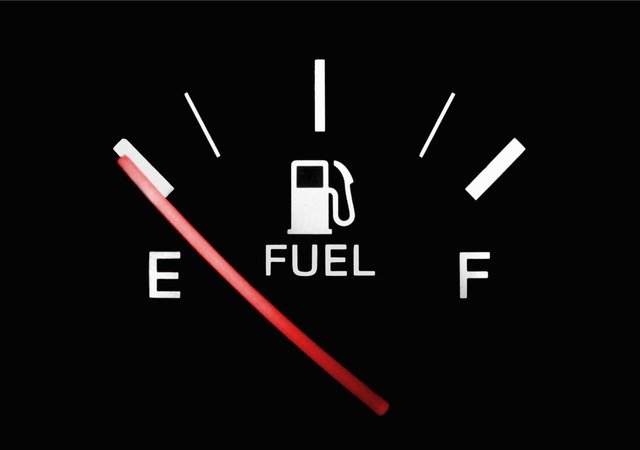 As fuel prices continue to rocket upwards, many of us are wondering how we can squeeze a few extra miles out of our tank. In response, there’s been a surge of ‘how to’ articles appearing on news and motoring websites.
As fuel prices continue to rocket upwards, many of us are wondering how we can squeeze a few extra miles out of our tank. In response, there’s been a surge of ‘how to’ articles appearing on news and motoring websites.
Scan down a typical list and you’ll usually see recommendations to:
1. Clear out the car, so you’re not carrying excess weight around.
2. Ensure your tyres are at the recommended pressures.
But how much can these two measures really improve your fuel economy? Is it enough to even notice? And if so, which one makes more of a difference to your wallet?
Let’s dive in.
De-junk your trunk for better mpg?
The theory that clearing out your car will see benefits at the pump sounds pretty logical. After all, it takes more energy to move a heavy vehicle than a light one. The effects of this trend are being seen globally in the rise of the SUVs: a combination of poorer aerodynamics and greater weight result in 14% greater emissions (reflecting their poorer fuel economy) than a small passenger car.
But when it comes to dejunking your own car for improved mileage, hard evidence is difficult to track down. It’s mainly limited to not-very-controlled tests by committed hypermilers.
So instead, let’s do a bit of arithmatic to get a feel for the numbers.
Let’s take a popular family hatchback, the VW Golf. The official statistics give the kerb weight (i.e. the ready-to-roll weight including a full tank of fuel) as anywhere between 1205 and 1611kg. That’s quite a range, so we’ll take a mid-point of 1408kg. If we add two 75kg adult occupants, that brings the total to a lardy 1558kg.
Now let’s suppose the owner goes on a tidying spree, removing old road atlases, assorted rubbish, toys that have been left in there forever, and so on. Not satisfied, she also removes the jack and the footpump. It all adds up to, let’s say, 7.5kg — which would be a lot of junk.
If our school maths is right, all that work has resulted in a weight reduction of (7.5/1558) * 100.
Which comes to… 0.48%.
We think that’s pretty unlikely to noticeably improve your fuel bill.
Conclusion: Unless you’re carrying round your old dumb-bells in the boot, or a spare sack of cement, de-junking for fuel economy probably isn’t worth it.
Maintaining tyre pressure for good mpg
You should always keep your tyres at the correct pressure. Running tyres outside of their recommended range of pressures results in excess wear and possible catastrophic failure.
But for the moment, we want to look specifically at the claim that keeping the right tyre pressure has benefits at the fuel pump.
Again, the logic behind the claim is sound. The lower the tyre pressure, the greater the area in contact with the road. As this ‘footprint’ increases, so does the energy needed to move the vehicle, all of which has to be supplied by fuel.
So how much of a difference does tyre pressure make? We actually dealt with this issue a few years back, and our opinion hasn’t changed since then.
There are a huge range of estimates available, but the ones we tend to trust the most are those from the US Government’s Environmental Protection Agency. It estimates that:
Under-inflated tires can lower gas mileage by about 0.2% for every 1 psi drop in the average pressure of all tires.
There’s no reason to suppose that it’s much different on this side of the Atlantic.
Applying this to a generic family hatchback, that means that letting your tyre pressure drop from, say, a recommended 34psi to 29psi — which is a substantial drop — would only increase your fuel consumption by 1%.
Conclusion: Running under-inflated tyres is a terrible idea all the way round, but the effect on your fuel economy probably isn’t significant.
And the winner is…
…well, it depends. How much spare weight are you carrying around in the car? How low are your tyre pressures?
However, unless you’re really carrying a lot of excess junk in the car, for most people, we’d say keeping your tyre pressures right make the more significant difference to your fuel economy. But compared to other fuel-saving meaures, such as smoother driving or leaving the car at home for short journeys, unfortunately neither counts for much.
The BK Tyres blog covers a wide range of topics related to tyres and driving.
For mobile tyre repairs and replacement tyres at competitive prices, contact BK Tyres. We can fit tyres at your place of work or at your home throughout South Oxfordshire.
